American Farming Communities Have Collapsed. It’s Time to Revive Them.

Since our founding, the idea of agricultural autonomy has encouraged reductive thinking that breaks down the farm’s purpose to fit solely profit-focused ends—and has served as a threat to healthy, whole farm communities. Farmers need more than private free enterprise; they need a collaborative supportive system.
The 50/50 Problem: How the Internet Is Distorting Our Reality

More than 50 percent of Americans spend more than 50 percent of their waking hours living in virtual, artificial worlds rather than the given, created one in which their bodies exist. The 50 percent threshold represents a tipping point that renders dialogue, deliberation, civic friendship, and compromise extraordinarily difficult in any society.
Moral Repugnance, Abortion, and COVID Vaccines: A Dialogue

The following began as an email exchange, initiated by Richard Stith’s message to the authors of recent Public Discourse articles—particularly this statement by Catholic scholars—arguing for the moral permissibility of receiving the COVID vaccines. Melissa Moschella responded to the message, and an insightful dialogue ensued, which we believe would be of interest to many readers. Here is a revised version of the exchange.
Christianity, Immigration, and the Religion of Humanity

The humanitarian proposal is hard to refuse, because it postulates that we can achieve justice if everyone simply becomes aware of their essential human likeness. The Christian proposal is hard to accept, because it affirms that all human beings are prisoners of an injustice from which they cannot escape by their own efforts.
The Bookshelf: Good Books into Better Movies

Many of the books behind our favorite films are very much worth reading. But the medium of cinema does not necessarily translate great literature effectively.
The Good Life

To live a good life, our intellect, will, and passions must be aligned with one another and with the nature of God. We must know what good we pursue, how we pursue that good, and what—or Whom—we love.
Would St. Benedict Zoom? The Rule of St. Benedict as an Antidote to Technopoly
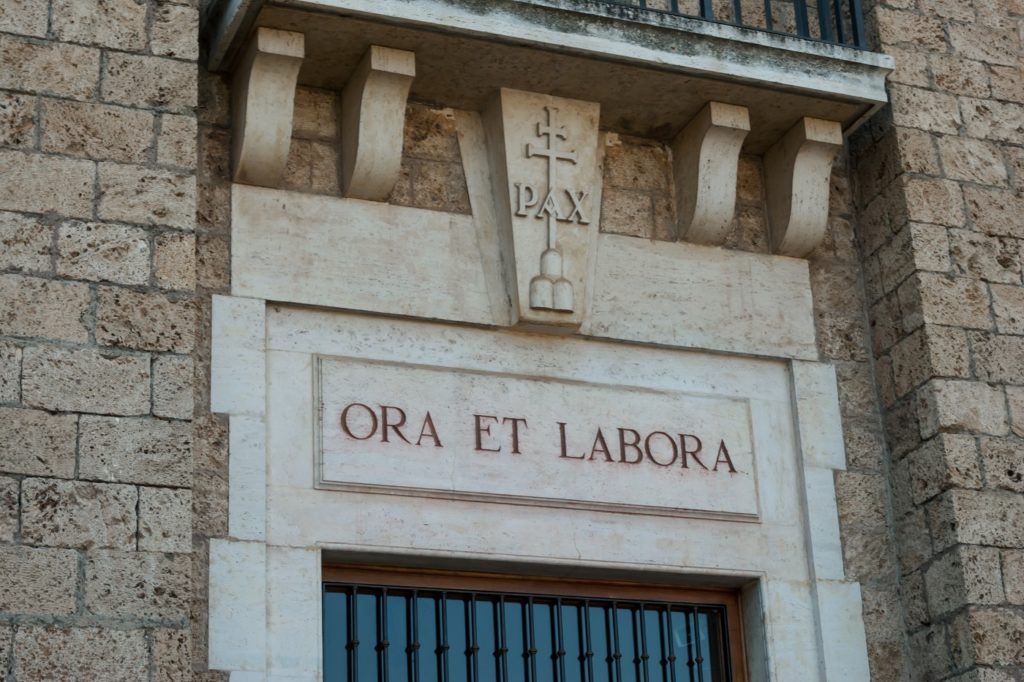
Even though few of us are called to monastic life, Benedict’s Rule provides us with a guide for a more fulfilling, contented life that mitigates the acedia of an anxious age in the thrall of technology.
The New York Times Was Right the First Time: “The Right Minimum Wage: $0.00”

Minimum wages, despite good intentions, harm the very people they are intended to help. The right minimum was $0.00 in 1987, and it still is now.
The Limit of Politics

Without a revelation from God to confirm that man’s end transcends this world, politics will dominate our life and make hell on earth. But in its proper place, politics can do great good. As Fr. James Schall reminds us, the “abiding problem” of the “political enterprise” is to grasp this “limit of politics.”
Cultural Anxieties, Not Economic Woes, Drove the Trump Train

Many conservative elites know that cultural resentment has the potential to take the Republican Party in an ugly direction. That’s why so many of them cling to the alternative explanation: “It wasn’t racism or misogyny that was motivating Trump voters! It was righteous anger that their government hasn’t done more to protect them from the ravages of globalization!” In reality, to the extent that the Trump coalition was unified and energized by anything, survey data suggest that it was cultural issues, not economic ones.
Can We Still Reason Together? A Conversation with Robert P. George
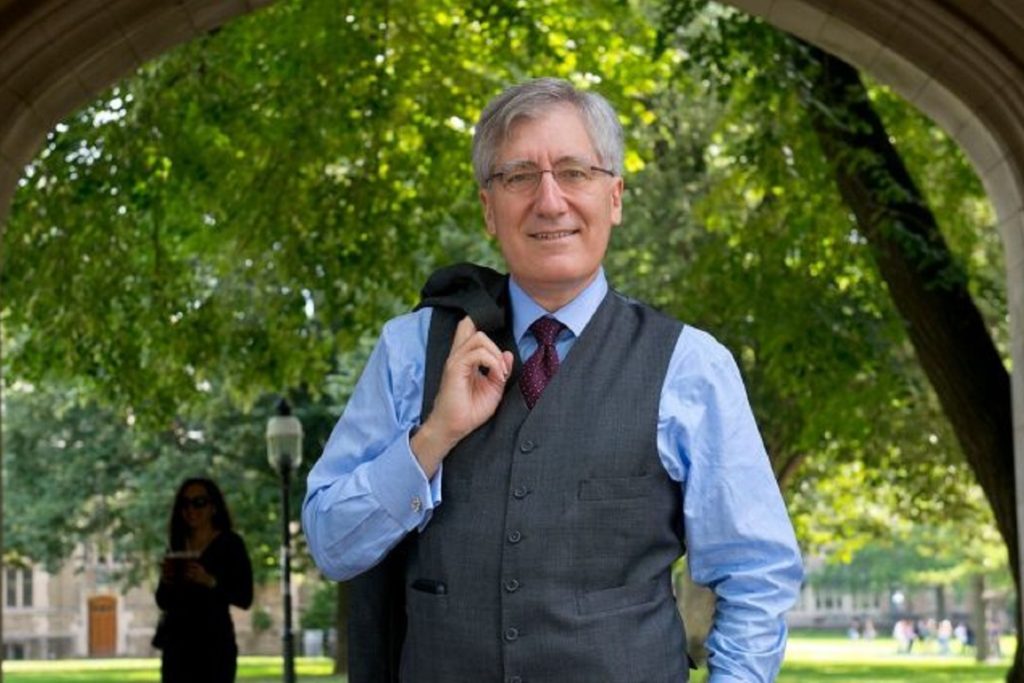
Where there is a mutual commitment to truth and truth-seeking, relationships can be built between religious believers and secularists, and they can indeed reason together. The minimum condition is this: interlocutors, however wide and deep their substantive philosophical or other differences, need to share the conviction that business between them is to be conducted in the proper currency of intellectual discourse—namely, reasons, evidence, and arguments.
The Importance of the Virtues When Men Have Lost Their Reason

Since acting rightly requires a well-formed intellect coupled with rightly ordered desires, moral formation is as much about training the passions as it is about making arguments.
Enduring Longings: Reflections on DuBois’s Reflections on Francis of Assisi

The conception of the good life that W.E.B. DuBois discerns in the pattern of St. Francis of Assisi’s life straddles the secular and sacred. It can provide a starting point for a recovery and re-articulation of enduring longings in a secularized culture. The cultivation of those longings, in turn, is at the core of truly liberal education.
The Censorship of Lawrence Ferlinghetti and the Unbooking of Ryan T. Anderson
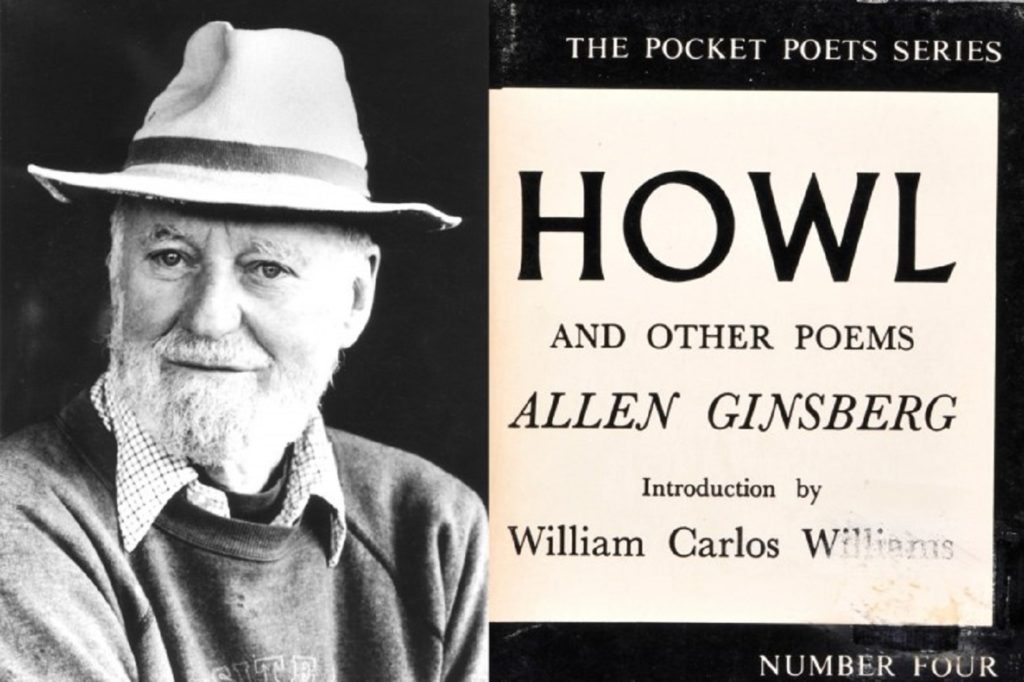
It may seem strange to pair Lawrence Ferlinghetti with Ryan Anderson, who argues against virtually everything for which Ferlinghetti stood. What they have in common is the courage of their convictions, a willingness to challenge the conventional pieties of their respective ages, and to do so in ways that conformist critics are quick to label offensive, obscene, unsafe, or misframed.
Stand Against Unjust Discrimination: Oppose the Equality Act
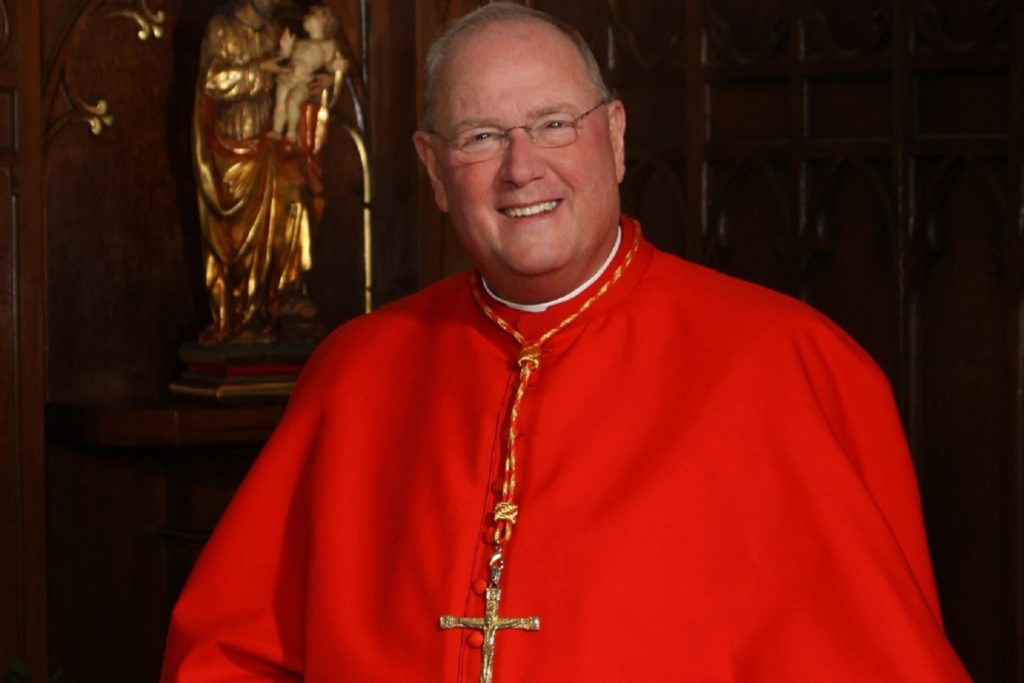
The Equality Act goes far beyond the noble desire to protect vulnerable people. It burdens consciences, severely curtails the rights of people to practice their faith, smuggles in an abortion mandate, and explicitly exempts itself from respecting religious freedom.
The Equality Act and the Rise of the Anti-Theological State
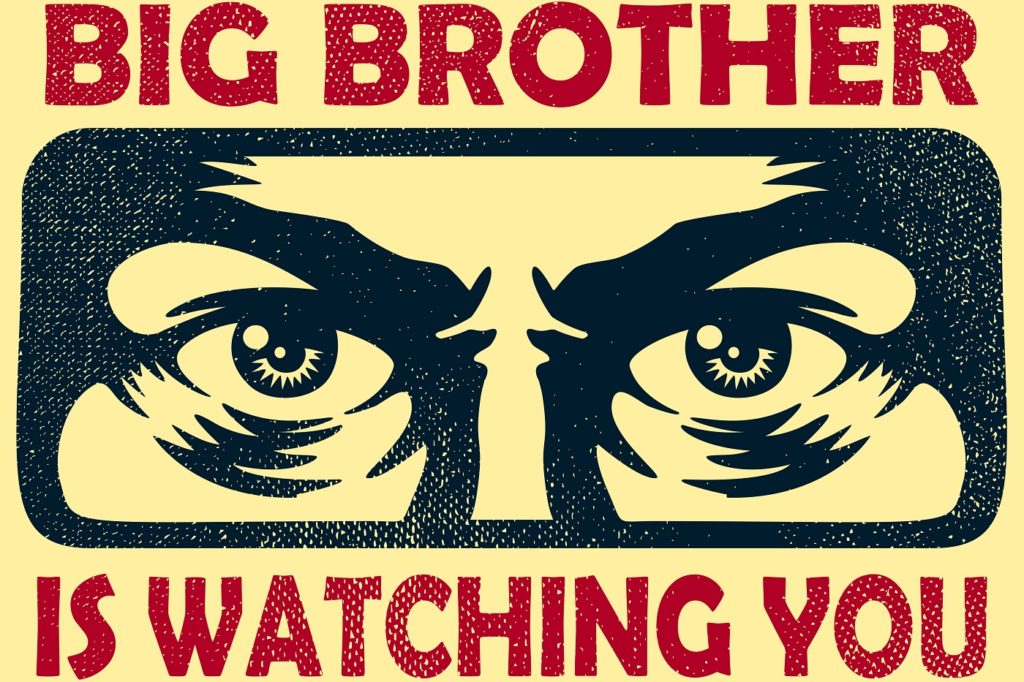
The passage of the Equality Act would mean the death of religious liberty. It would force all religious institutions and citizens to prove to the government’s satisfaction that their convictions merit constitutional protection.
The Limits of the Free Market: Four Responses to Samuel Gregg

What role does economic policy have to play in advancing a conservative agenda? Should the American right move away from a commitment to an unfettered free market and embrace nationalism, protectionism, and more government support for families?
Reflections on the Present Conservative Discontent with Markets

Conservative critics of free markets are asking good questions, but their diagnosis of America’s economic challenges and proposed solutions leave much to be desired.
Competing Visions of America

Charles Kesler’s new book, Crisis of the Two Constitutions, offers a straightforward approach to the Constitution, a pointed (though always measured) characterization of progressivism, and an honest assessment of American conservatism.
Statement from Pro-Life Catholic Scholars on the Moral Acceptability of Receiving COVID-19 Vaccines

The Ethics and Public Policy Center has organized the following statement from leading pro-life Catholic scholars, including EPPC President Ryan T. Anderson, EPPC board member and Princeton professor Robert P. George, and EPPC Fellow and Notre Dame professor O. Carter Snead, along with two professors at pontifical universities in Rome and other U.S.-based scholars, to explain why it is morally acceptable for pro-life citizens to receive any of the COVID-19 vaccines currently available.
American Conservatives Should Take the United Nations Seriously
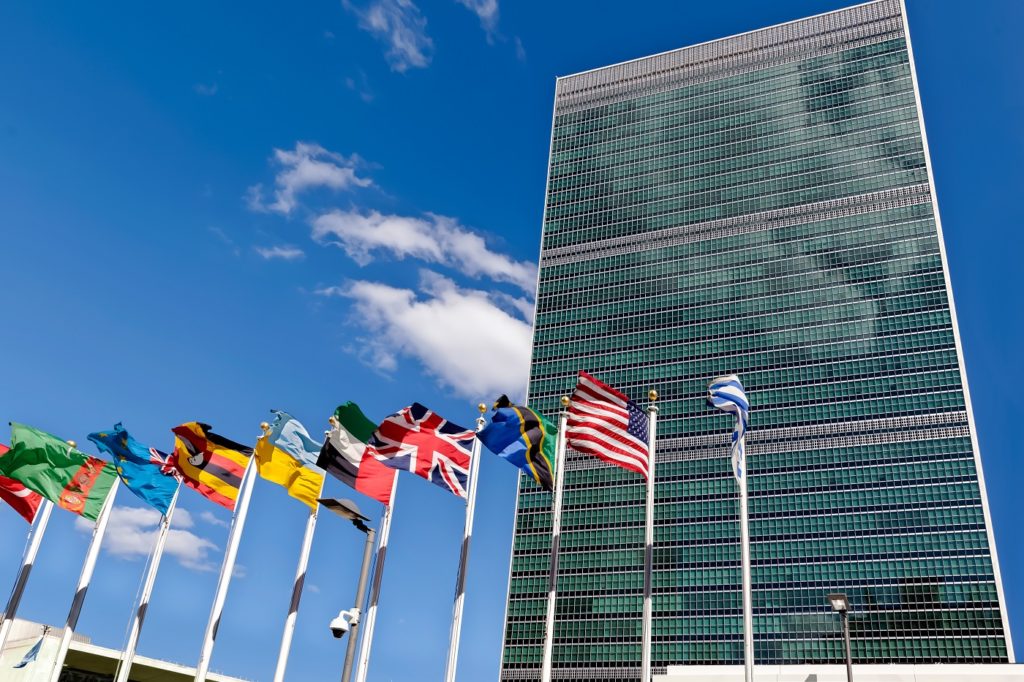
The question was never whether or not conservatives should engage the multilateral system. It was always what kind of multilateralism conservatives want: one that is accountable to self-governing sovereign states and advances U.S. interests, or one that is wholly untethered from political oversight and unaccountable to the American people.
Rights, Natural and Legal: A Response to Nigel Biggar’s What’s Wrong with Rights?

Natural and legal rights are not like individuals of the same species, but analogous ways of identifying what justice demands. Natural rights provide a standard by which legal rights are to be understood and corrected; but legal rights are the means by which natural rights are to be secured and realized in a polity.
Reforming Our Successor Civil Religion

Wokeness meets a religious need by mimicking a Protestantism that our society has largely left behind. Although it highlights important truths, Wokeness needs to retrieve the orthodox teaching on the universality of original sin, the Christian understanding of salvation through the divine Scapegoat, and the centrality of the Church in its social imagination.
Dulce et Decorum Est: In Defense of Healthy Patriotism
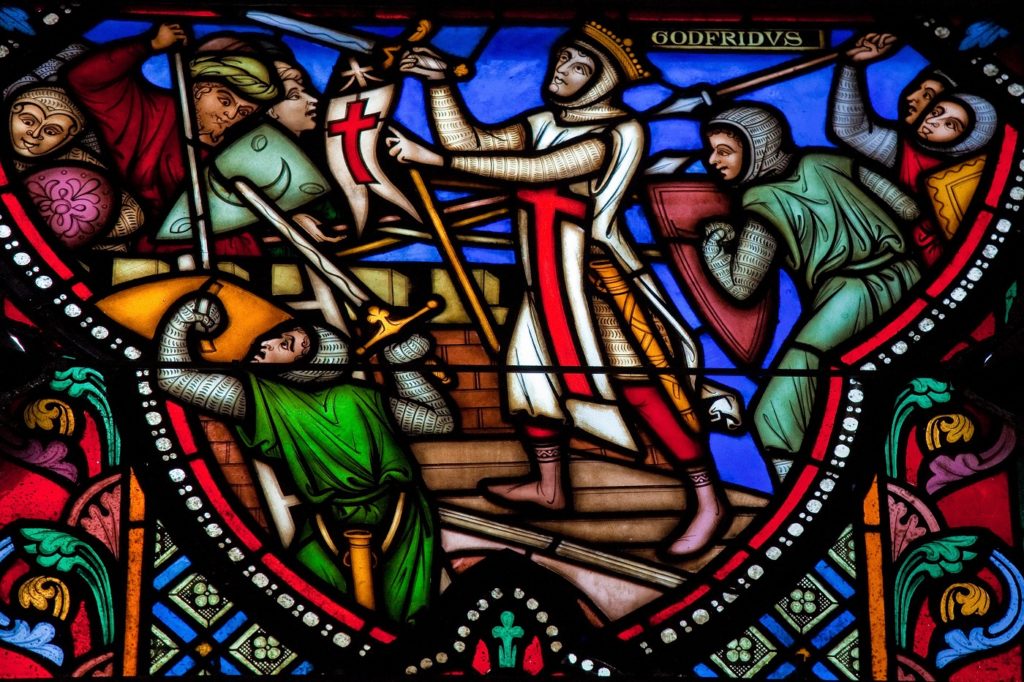
The things we’re willing to die for are tied to what we hold as sacred. In fact, the willingness to die for something also consecrates it as sacred. We need to entertain the possibility that love for our country might lead us to sacrifice greatly, even radically, in order to preserve the best that remains in it.




